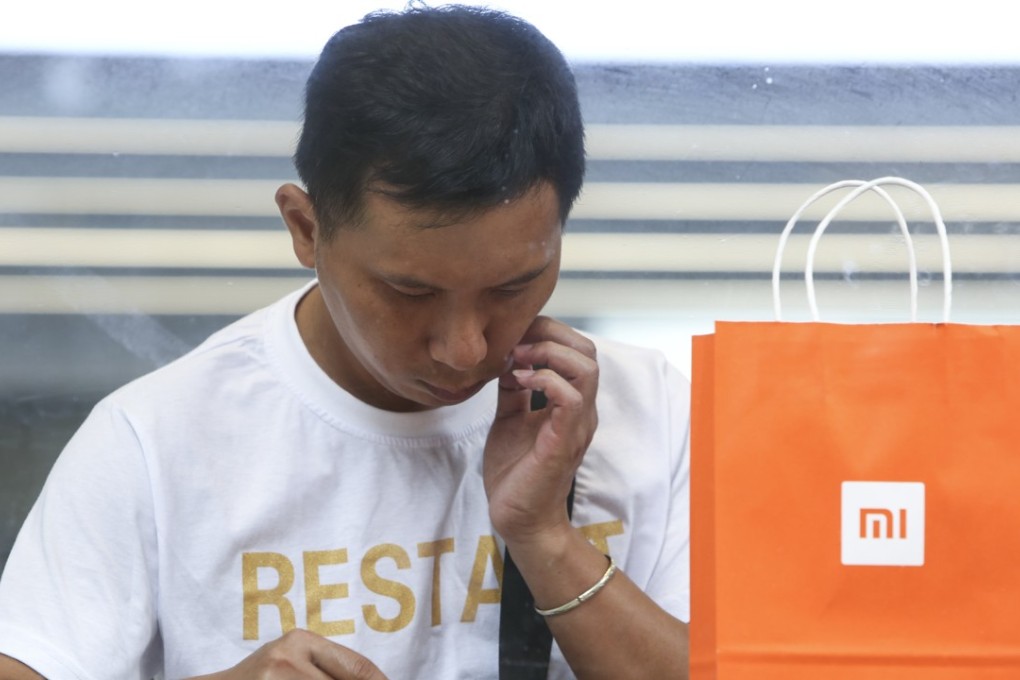Xiaomi’s US$6.1 billion stock sale is 8.5 times overbought as global investors digest blockbuster IPO
The Chinese smartphone maker’s stock sale made it past the finish line as investors oversubscribed the retail portion of the US$6.1 billion offering

Xiaomi, the Chinese smartphone maker that’s had to pare back what was once billed as the world’s largest initial public offering, has made it past the finish line as investors overbought the retail portion of its US$6.1 billion blockbuster offer.
“Considering the size of the offering, and the current environment, 8.5 times is not too bad,” said Kenny Tang Sing-hing, chief executive of Jun Yang Securities.
Compared with smaller offerings like the 309 times oversubscription of ZhongAn Online P&C Insurance HK$11 billion IPO last September, it was a different story.
Retail investors tended to pour money into promising IPOs in the hope of making a quick profit when their shares trade for the first time on the exchange.
ZhongAn and the four biggest tech listings since then – e-publisher China Literature, online car retailer Yixin Group, gaming hardware maker Razer and Ping An Good Doctor – all attracted enormous oversubscriptions and locked in huge amounts of capital.